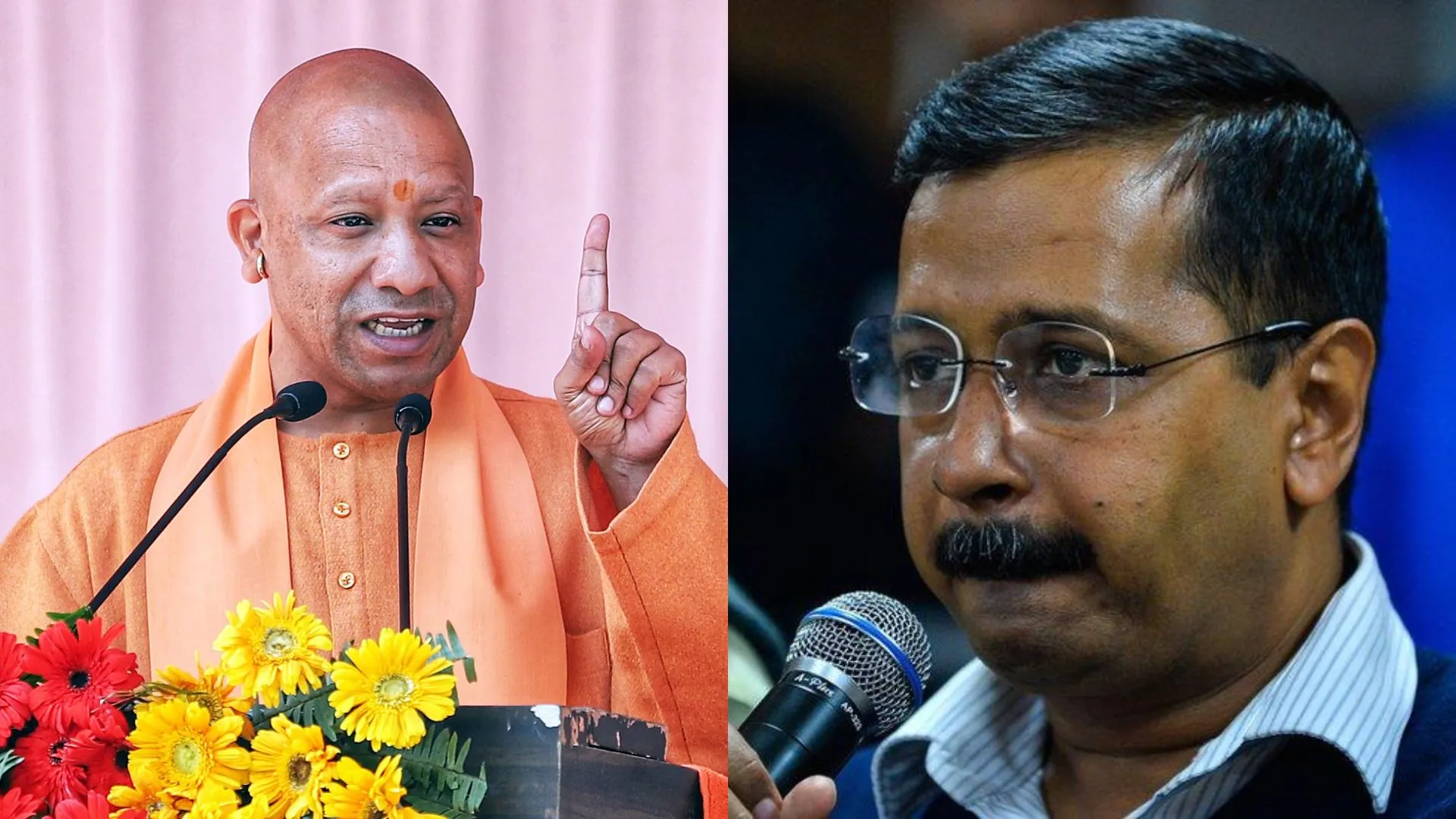The Nagpur bench of the Bombay High Court has clarified that a spouse having epilepsy should not be considered cruelty or grounds for divorce under the Hindu Marriage Act. The court, presided over by Justices Vinay Joshi and Valmiki SA Menezes, recently rejected a plea from a 33-year-old man seeking divorce on the grounds of cruelty, alleging that his wife’s epilepsy made her mentally unsound.
In its ruling, the bench underscored that epilepsy does not fall into the category of incurable diseases or mental disorders. The man’s claim, based on Section 13 (1) (iii) of the Hindu Marriage Act, which allows divorce if a spouse is incurably of unsound mind or suffers from a continuous or intermittent mental disorder, was thus dismissed. The husband argued that his wife’s epilepsy constituted cruelty, making it impossible for him to live with her. However, the woman contested this, stating that her seizures did not impact her mental well-being.
The court, in its judgment, emphasized that the man had not demonstrated that his wife was epileptic, nor had he established that such a condition could be valid grounds for divorce under the law. Medical evidence showed that individuals with epilepsy can lead normal lives, and it noted that the woman had experienced only seizures, not epilepsy. Even if she had epilepsy, it was categorically stated that this condition does not equate to a mental disorder or psychopathic disorder, nor does it render the person incurable or unsound of mind. In conclusion, the court stated that ample medical evidence indicated that such a medical condition should not be seen as an impediment to spouses cohabitating.

















